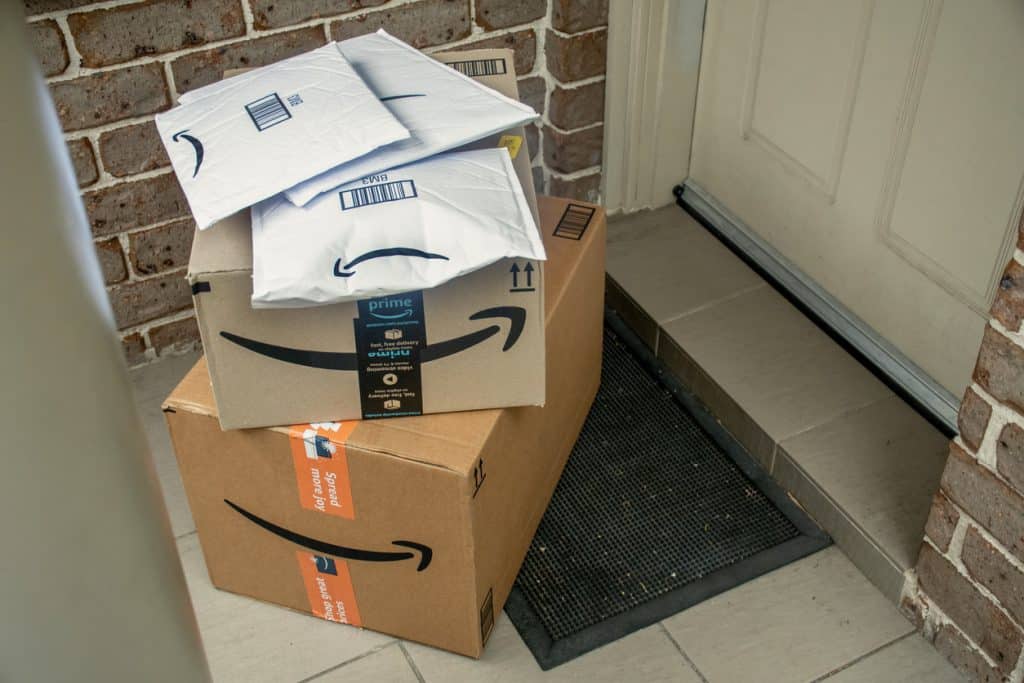The Underground Market for Secondhand Amazon Seller Accounts Is Getting Out of Hand

While Amazon has been, for the most part, reliable and banning fraudulent sellers and their associated seller accounts from the marketplace over the past couple of years, a recent investigation has uncovered how people are getting around that, confirming what many third-party marketplace sellers have been suspecting for years.
A Thriving Market
A recent investigation by Insider revealed a seemingly thriving underground market for secondhand Amazon seller accounts.
The majority of the sales are done through public groups on messaging apps like Telegram and forums like Swapd and PlayerUp. Social media, particularly private Facebook groups, have become a breeding ground for these bad actors as well, with no solution from Amazon nor from the social platforms in sight.
Thousands of “brokers” openly sell secondhand Amazon seller accounts—from a few hundred dollars for relatively new accounts to thousands of dollars for years-old accounts with some history and established brand staying power.

This report confirms another black hat Amazon tactic that rogue sellers use to get a leg up on the competition and game Amazon’s expansive ecommerce marketplace.
Black or White?
Amazon’s terms of service does not generally allow marketplace sellers to transfer their accounts to another person, but, as Insider’s report mentions, not all secondhand accounts are purchased for illegal activities.
On one hand, legitimate business transfers (which often include the Amazon seller account) are part and parcel of selling an Amazon business to an ecommerce aggregator, whose very business model is about buying up profitable Amazon businesses and scaling them further. The transfer of a seller account may also be used by the new owner to take advantage of larger inventory allowances.
On the other hand, the outright sale of secondhand seller accounts enables rogue sellers to evade Amazon’s standing security checks for verifying and allowing participant sellers into the marketplace. Buying an account that has already been verified means that these “new” sellers can bypass verification processes like mandatory video calls or letters sent to the registered address to confirm where they are based.
People who buy these secondhand accounts could steal random people's identities to disguise themselves, and sellers are using these fake credentials to participate in the marketplace, including selling counterfeit books using the address of someone who’s never sold a thing on Amazon. The victims whose names and addresses are being stolen are sometimes sent hundreds of returns by unhappy customers.
One victim, an Amazon seller of automotive accessories, had begun receiving packages of women’s clothing manufactured in China on his front porch, which turned out to be returns from unhappy buyers of an entirely different seller who managed to appropriate his home address to sell on Amazon.
Related Reading: Top Amazon Sellers by Country & Location
According to the report, Amazon's failure to verify the identities of third-party marketplace sellers has allowed fraudsters to steal the information of people and businesses everywhere from Vancouver, Canada, to Pensacola, Florida.
Aside from identity and information theft as well as causing more distrust on Amazon’s huge platform, this black market for seller accounts has also enabled the sale of counterfeit products, which has plagued the online marketplace since its inception.
Amazon’s Seeming Inaction
According to its Q3 2022 earnings report and as reiterated by Nicole Pampe of Amazon in a statement, the ecommerce giant aggressively fights fraud on its platform, having spent more than $900 million and employed more than 12,000 people “dedicated to protecting customers, brands, selling partners, and our store from counterfeit, fraud, and other forms of abuse.” The company had also filed legal action against the administrators of more than 10,000 Facebook groups that attempt to orchestrate fake reviews on Amazon in exchange for money or free products.
Regrettably, the victims of this unscrupulous activity interviewed by Insider have attempted to reach out to Amazon support for help, but to no avail. Check out their full story here.




